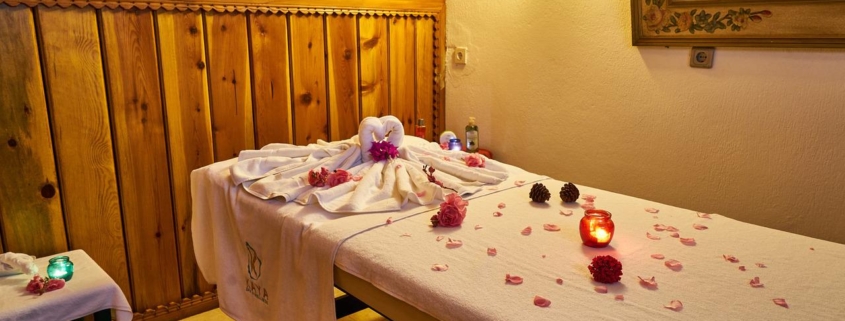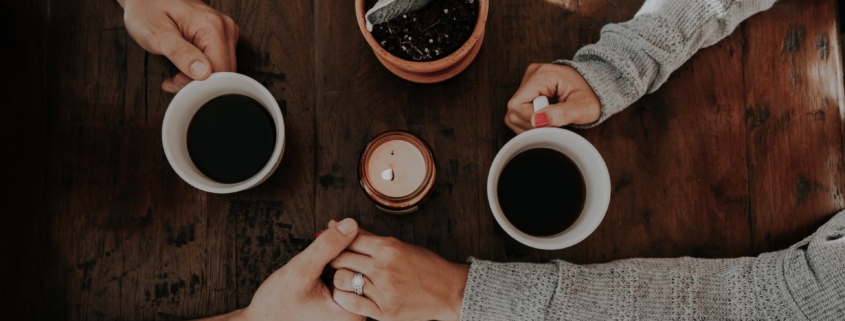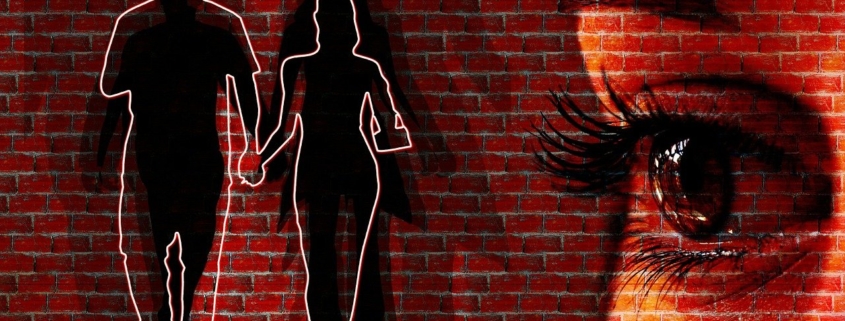Couples Message Bennefits
Looking for the benefits of getting a couples massage? Getting a couples massage is a great way to reconnect with your significant other. Couples massages are perfect for couples who want to release tension and release hormones while bonding. Couples massages can also be a unique experience to share. Read on to find out more about the benefits of getting a massage with your partner. You’ll be amazed at the results! And who knows? You might even fall in love with the process!
Getting a couples massage can be a great way to reconnect with your significant other
Most people lead hectic lifestyles with packed schedules. Getting together to share an intimate moment can be a difficult task when you have to work or take care of children, so why not treat your significant other to a couples massage? It can give you some quality time together and can help you reconnect. Couples massage sessions are a great way to reconnect and make new memories.
Couples massages promote intimacy and improve communication between partners. Massages release hormones called oxytocin, which encourages stress-free communication. This boost in oxytocin can also rejuvenate a stale relationship. It can even help a relationship that has seen better days. Couples massages can make you and your significant other feel more connected than ever.
Getting a couples massage is a wonderful way to reconnect with your significant other and relax at the same time. The experience is very private, so be sure to wear loose-fitting clothes and leave jewelry at home. Your significant other will have to strip before the massage, so you’ll need to be sensitive about this. Once you’re both completely relaxed, you’ll be able to bond more than ever before.
Getting a couples massage is a wonderful way to connect with your significant other and rekindle an old passion. This is a time to bond and to discuss things that might otherwise be difficult to talk about. You’ll be able to talk about anything that may be bothering you. Even if the topic is something that’s been bothering you, couples massage can help you reconnect and renew your love.
Couples massages can be the perfect way to reconnect with your significant other. They allow you to relax together and spend quality time with each other. Couples massages provide similar benefits to a vacation but you don’t have to take time off work or stay in a hotel. Couples massages allow you to focus on your relationship instead of past and present stressors.
It can help release hormones
A couples massage can do wonders for romantic relationships. Massage, like other relaxing activities, releases hormones into the bloodstream that ease tension. In turn, these hormones increase happiness and lower stress levels. During a massage, you and your partner can share feelings and communicate in a more relaxed and compassionate way. This can enhance your connection and improve long-term happiness. So, if you’re having trouble communicating with your partner, book a couples massage today and reap all of the benefits.
Massage releases oxytocin, the ‘love hormone,’ and serotonin, which increases feelings of love and intimacy. Massage also increases serotonin, a natural mood booster, and dopamine, a neurotransmitter that promotes feelings of calmness. The benefits of a couples massage go far beyond improving your relationship. It also helps you spend quality time together. This way, your relationship will be even more meaningful and fulfilling.
A couples massage can also improve your partner’s health, including the way you look. Couples massage can reduce stress and anxiety, as well as improve circulation. It can even improve your posture and boost your self-confidence. Couples massages can help reduce anxiety and depression. It can even improve your skin, which can benefit your overall health. By understanding your partner’s body and mind, you can get your partner a massage together. This will make your relationship stronger and your chemistry will be stronger.
A couples massage is one of the best ways to spend time together. Whether you’re a busy executive or a stay-at-home parent, couples massages can benefit your relationship emotionally and physically. A couples massage is also great for your heart. Massage can make your partner feel more connected and closer than ever. There are no distractions, so you can focus on your partner and your relationship. If you’re looking for a gift for your significant other, a couples massage is a perfect gift.
A couples massage can help you release your stress. By spending time together, you will be relaxed and energized. Getting a massage gives you the same benefits as taking a vacation. And it’s an ideal way to spend time together without requiring any time off from work or staying in an expensive hotel. Plus, you can focus on the stressors of the past and present and enjoy the moment together.
It can help you bond more as a couple
A couples massage is a great way to strengthen your bond and release stress together. Massage increases levels of oxytocin, which is a hormone that has many different functions, including being the bonding hormone. Couples who regularly go to a massage together tend to bond more deeply. By learning how to give a good massage to your partner, you can bring the same mindfulness to other parts of your relationship.
When you both feel relaxed and stress-free, it’s easy to open up emotionally to your partner and share your feelings without having to fight over every little thing. The massage also helps your bodies relax, allowing you to sit quietly together and not rush to fill the void of conversation. Stress-relieving activities like massage help to slow down the production of the hormone cortisol and promote relaxation and a happier state of mind.
Despite the fact that a couples massage is a great way to spend quality time together, you must be willing to spend some time to make your date special. Unfortunately, adult life doesn’t always have the same sexy fun as teenage years were. Adult life is full of bills, running a household, and other responsibilities. You may not be able to resist checking your work emails or responding to emails. However, you can still make a deliberate effort to inject fun and romance into your relationship by booking a couples massage session together.
A couples massage is a great way to break up a routine and create more quality time together. Not only will a couples massage help you connect more, it will also boost your relationship’s stability and help you bond more with your partner. Getting a massage together will not only relax your body, but it will also improve your relationship’s physical and mental well-being. A couples massage can be a fun way to spend quality time together, and it’s a great way to show your partner how much you care about each other.
One of the best benefits of a couples massage is the emotional benefits it brings. Couples massages release the “feel good” chemicals in your body, which is associated with happiness and affection. Couples massage sessions can help you relax, which in turn will make your partner more receptive to it. That alone is a great way to bond with your partner. You may be surprised at how much your partner will agree to give you a massage together.
It can be a new experience
The benefits of a couples massage are many and varied. Massages are a wonderful way to reconnect and de-stress, and they are also great for improving skin and relieving pain. Most couples don’t have time to spend together as much as they would like, especially those who work in different hours or have different work schedules. Oriental couples massages release hormones that are related to feeling good such as dopamine, serotonin, and oxytocin. While these are all good for your relationship, removing these hormones can promote an even greater desire to express affection.
If you and your partner haven’t experienced a massage together before, you should consider getting one. Many people have never had a massage before, so they don’t know what to expect. Nevertheless, a couples massage can introduce them to the benefits of having a massage together. This type of massage is great for a romantic date or as part of a weekend getaway. It can also be a great way to celebrate a romantic anniversary or engagement.
Stress is the number one reason why couples don’t get enough time for their relationship. Even if you do have time to spend with your partner, you might not be able to find time to relax. Couples massages can help you both relax. During a massage, the body releases natural chemicals called oxytocin, the “cuddle chemical”. This hormone increases feelings of happiness, calmness, and pleasure.
A couples massage can break up a daily routine and help you reconnect with your partner. It can help you reconnect and strengthen your relationship. It can also be a great way to celebrate a special anniversary, or to spend quality time with friends or family. A couples massage is an incredible way to spend time together and avoid distractions like work. It is also an ideal gift for a romantic evening together. And what if you are not married? A couples massage is a unique experience for the two of you!
Another great benefit of a couples massage is the increased intimacy. Couples massages provide couples with time to connect and catch up. Couples massages increase feelings of intimacy by releasing neurotransmitters such as dopamine, serotonin, and oxytocin. Couples massages are an incredible way to relax and reconnect with each other. And if you aren’t married, a couples massage can be a great gift for your partner.










